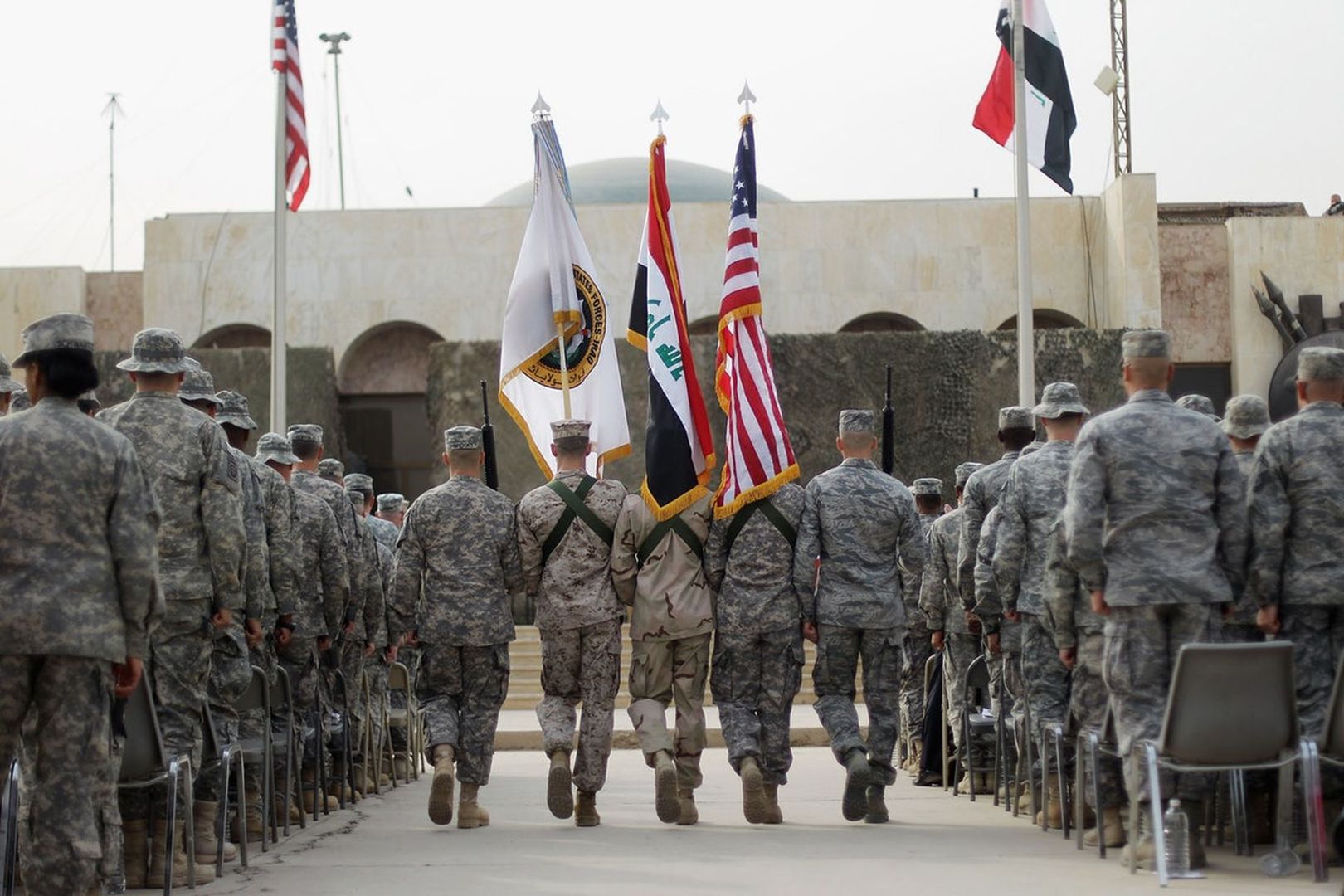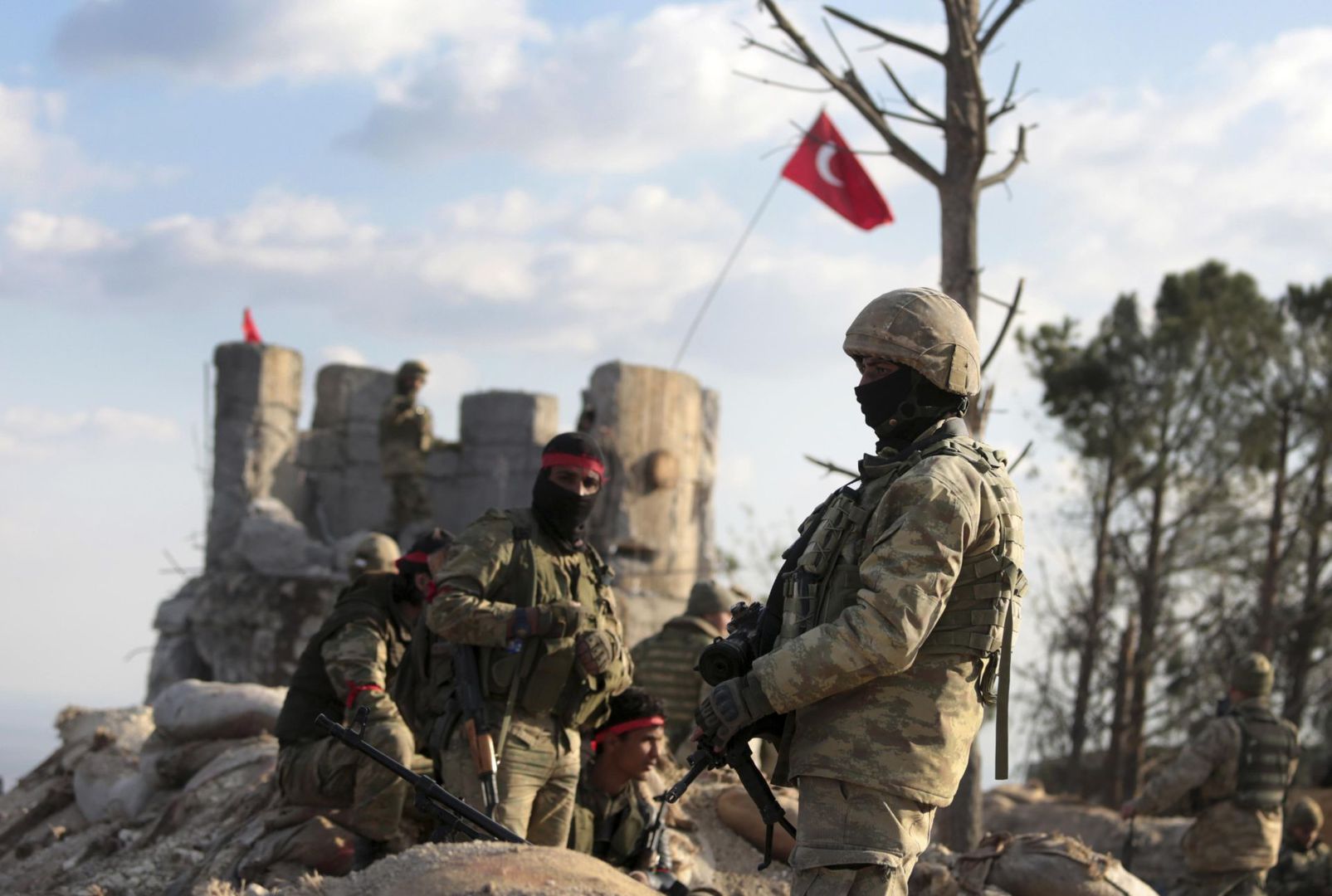It is all too tempting to focus on the current crisis in Iraq: The Iranian-sponsored attacks by Iraqi Popular Mobilization Forces on U.S. forces and facilities, the U.S. retaliatory attacks, and the well-organized demonstrations and attacks on the U.S. Embassy in Baghdad. At the same time, focusing on the current crisis has led to consistent failures in U.S. strategy in dealing with Iraq and the Middle East.
From the first days proposing a U.S. invasion of Iraq, through the fall of Saddam Hussein to the present, the U.S. has never had a public grand strategy for Iraq that has gone beyond current events. It has never defined clear grand strategic objectives, made effective efforts to create a stable post-conflict Iraq, or shown the Iraq people its presence actually serves their interests.
At the same time, the Department of Defense has reported that it spent over $765 billion on the Iraq conflict and fighting ISIS as of March 31, 2019. There is no clear stream of reporting on State and USAID spending, but it seems to have reached another $100 billion.
The attacks on the U.S. Embassy in Baghdad at the beginning of 2020 warn, however, that the U.S. is on the edge of snatching defeat from the jaws of “victory” for the third time since 2003. In round one, the United States invaded Iraq in 2003 to meet a non-existent threat of proliferation and drove Saddam Hussein from power. It scored a massive military victory with no plan for what would happen once Saddam was driven from power. The net impact was to remove Iraq’s military forces as a counterbalance to Iran, trigger deep sectarian conflict and ethnic divisions, and empower Sunni extremists and create a new war.
In round two, the U.S. and its allies ended up fighting these Islamic extremists from 2004 to 2010. The U.S. defeated these Sunni extremists in western Iraq with the aid of a massive surge of U.S. ground troops and the aid of Iraqi Sunni popular forces but failed to create a stable Iraqi government and economy. The U.S. effectively abandoned its nation building efforts after 2009 and withdrew its combat forces at the end of 2011 – creating a power vacuum that opened up Iraq to ISIS while it was never able to decide on any active strategy for stabilizing Iraq or dealing with the Syrian civil war. It focused on defeating ISIS – relying heavily on Syrian Kurds in the process – and scored another “victory” in 2016-2018 by disbanding the ISIS “caliphate.”
However, the United States never developed any plan for dealing with Iraq’s political and economic crises, for dealing with Syria, or even for dealing with the tens of thousands of ISIS prisoners its “victory” created. In the process, it opened up Syria to Russia, Iran, and Hezbollah. It partially rebuilt Iraq’s official military forces but saw Iran create powerful Popular Mobilization Forces tied to Iran and failed to ensure that most Iraqis saw the role U.S. advisors and airpower played in defeat ISIS, make any clear efforts to reform a failed Iraq government and boost its economy, or ensure that the populated areas shattered by the fighting would be rebuilt or receive effective aid.
Round three is still taking form, but no one can accuse the U.S. of having any coherent strategy for dealing with the fact Iraq’s political system has no cohesion, its government is hopelessly corrupt and ineffective, and its economy has been in a state of crisis and failed development since at least the beginning of the Iran-Iraq War in 1979. There is no real Iraq government, just an acting Prime Minister and a President with no real power.
Read America’s Failed Strategy in the Middle East: Losing Iraq and the Gulf (194 downloads) in PDF format











